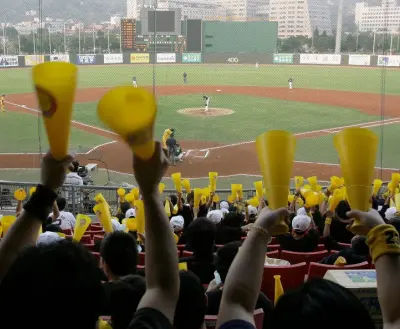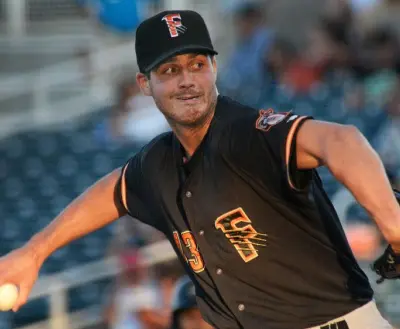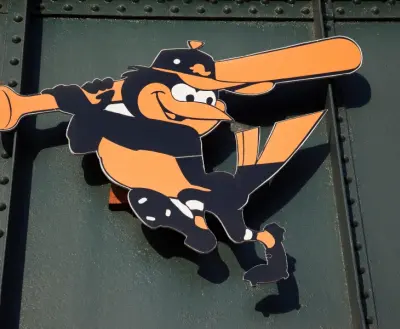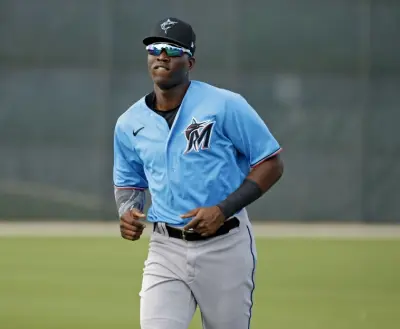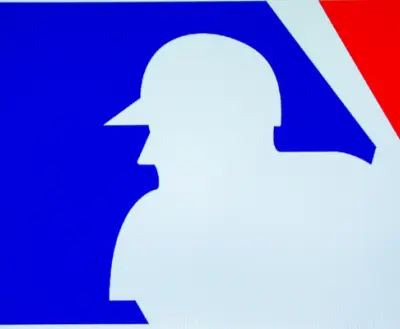The rules of MLB are under the spotlight once again due to the spree of no-hitters this season. With Corey Kluber from the Yankees and Spencer Turnbull from the Tigers taking the official tally to six, there’s growing concern that no-hitters are dominating play.
Last season, the rising number of home runs was the main focus, but the changes to the baseball seem to have replaced one problem with another. Is it time to consider a rules change that will slow down the pitchers and even up the MLB betting?
Changes to the Baseball
The number of home runs has risen in recent seasons, hitting an average of 1.39 in 2019 and 1.28 in 2020. While fans love to see a homer, occurring too frequently can take the shine off the achievement.
The MLB acknowledged the issue and made some changes to the ball for the 2021 season. With pitchers able to grip the ball more easily - thanks to the new seam - the result has been fewer home runs but a storming display from the pitchers.
Some players believe it’s gone too far, with seasoned pitcher Clayton Kershaw suggesting that the MLB has “missed the mark”.
Scoring Record

Although the MLB has been keen to reduce the number of home runs, there was no intention to slash the number of hits - but that’s what’s happened. Strikeouts have increased, with 24% of plate appearances leading to a strikeout.
For proof that hitters aren't having a good time, just take a look at the league batting average. Going into Wednesday, it was slumped at just .236, a score that would have previously been viewed as a disaster. Wind back the clock a few years, and any hitter with .250 or less would have been on a mission to up their performance.
There are currently only seven teams with an average of more than .250 and 12 with .240. Little surprise then to learn that the current batting average is an all-time low.
Some blame has been placed on the hitters, with the suggestion that they’re suffering a dip in form. However, a quick look at the pitchers’ stats suggests this isn’t the case.
In the past, pitchers who could throw in the 93-95 zone were considered to be very hard throwers, but now it's barely above average. Turner - one of the no-hitters from this season - threw 49 within that range for the Tigers last week. But he's not a pitcher that's a class above the best. In fact, his velocity is barely above average, and he's at 31st for ERA.
In other words, it's not that the hitters are getting worse; it's the pitchers who are getting better.
A Look at History
If the current rate of no-hitters continues, the MLB will chalk up 20 by the end of the season. With a previous record of just seven, the increase is almost unbelievable.
With batting averages slumping and strikeouts and no-hitters increasing, perhaps the MLB needs to reconsider the setup.
There is a precedent for this, but you'd need to look back in history to find it. In 1968, the batting average was just .237, a whisker above the current performance. The MLB lowered the pitching mound and tightened up the strike zone to recognise the imbalance.
Could this be what’s needed now? All eyes are on the next move by the MLB.

